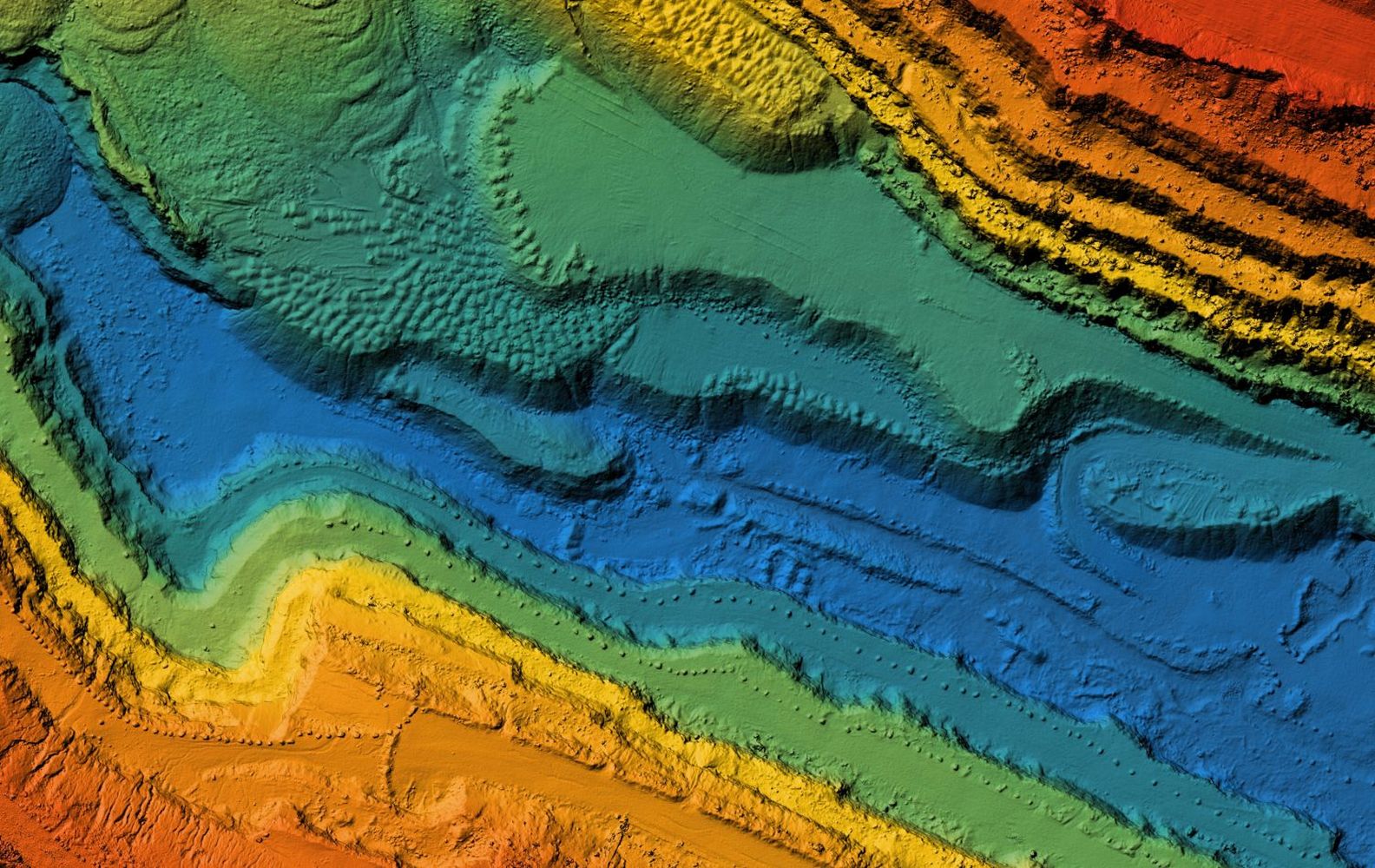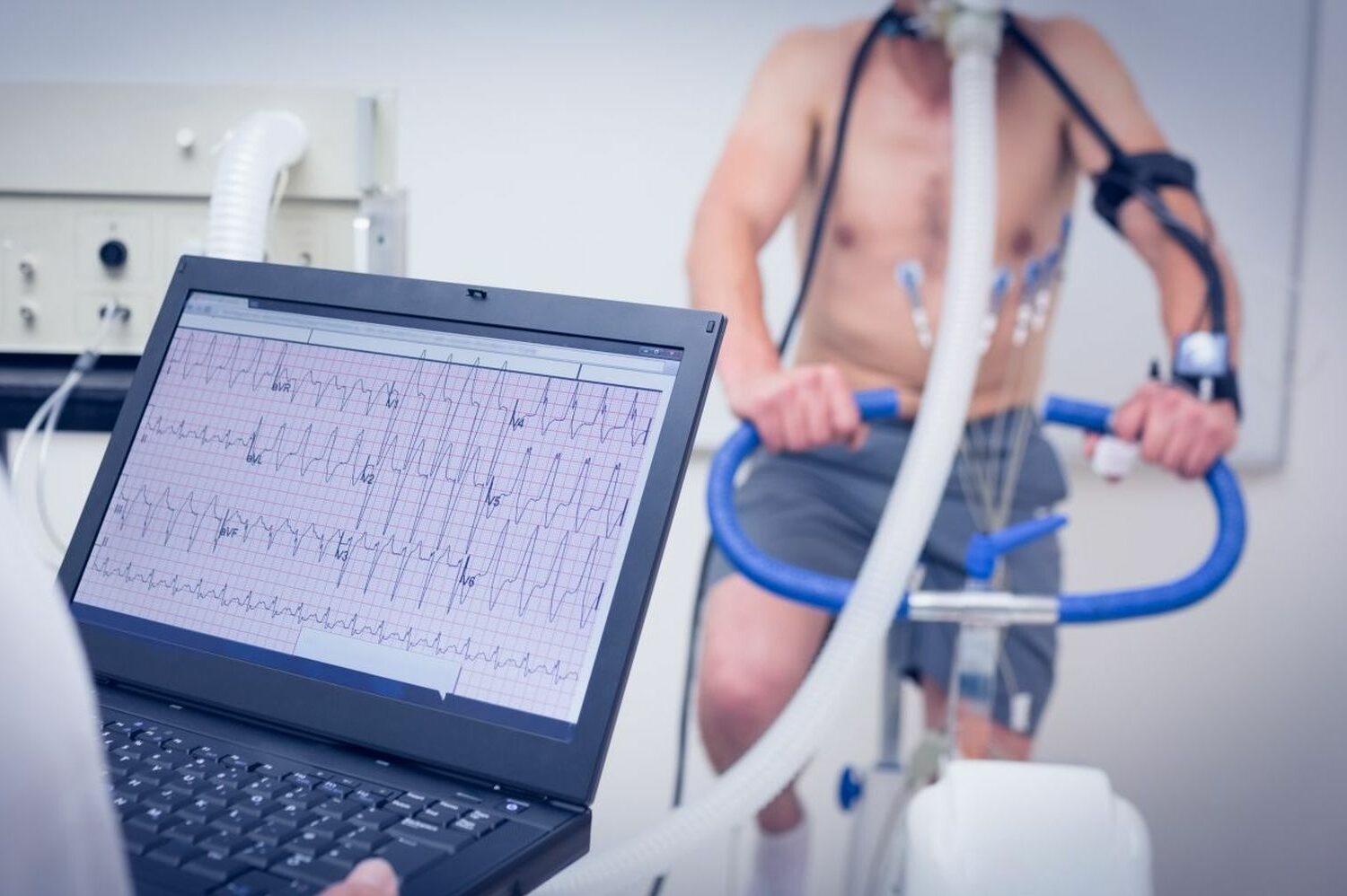
Bachelor of Geospatial Science
Dive deep into data. Make it meaningful. Then get creative to solve some of the complex problems facing the environment and help to make people’s everyday lives a little easier.
Duration
36 months
Starting Date
February, July
Tuition Fee
AUD $32,560 per year
Location
Online
CRICOS
00005F
About the program
As a geospatial scientist you’ll study the relationships between physical locations, people, and earth processes. And you’ll develop the skills and understanding to make connections between people, places and processes.
Begin the online Bachelor of Geospatial Science at Charles Sturt University with a solid foundation in geographic information science, remote sensing and cartography. Then build your own unique knowledge platform by specialising in information science, mathematics, ecology, geography, agriculture or emergency management.
Designed in consultation with experts to maximise industry relevance, this course gives you plenty of hands-on experience right from the start. You’ll be solving geospatial problems and diving into work placements from your first year of study.
While many geospatial science undergraduate degrees concentrate on professional surveying practice, the Bachelor of Geospatial Science takes a fresh approach. This course offers you a unique opportunity to focus on geographic information systems (GIS) and remote sensing in a dedicated degree.
Career opportunities
- Geospatial science is a rapidly growing field whose graduates are in high demand around the globe. The career opportunities are excitingly diverse and span government and industry sectors.
- What does a geospatial scientist do? How about contribute to a sustainable world through environmental and agricultural analysis and management (including water and land resource management) with local, state or federal government, for catchment management authorities or consultancies.
- Shape the future in business analysis and planning including urban planning, census analysis, resource planning and utilities management for government and the corporate sector.
- Support communities through disaster and emergency management, or with the analysis of areas such as health and disease, crime patterns or human migration.
Courses Included
- Principles of Geographic Information Systems
- Remote Sensing of the Environment
- GIS Applications
- Remote Sensing: Image Processing and Analysis
- Remote Sensing : Information Extraction
- Cartography
- Programming in GIS and Remote Sensing
- Earth System Processes
- Scientific Statistics












